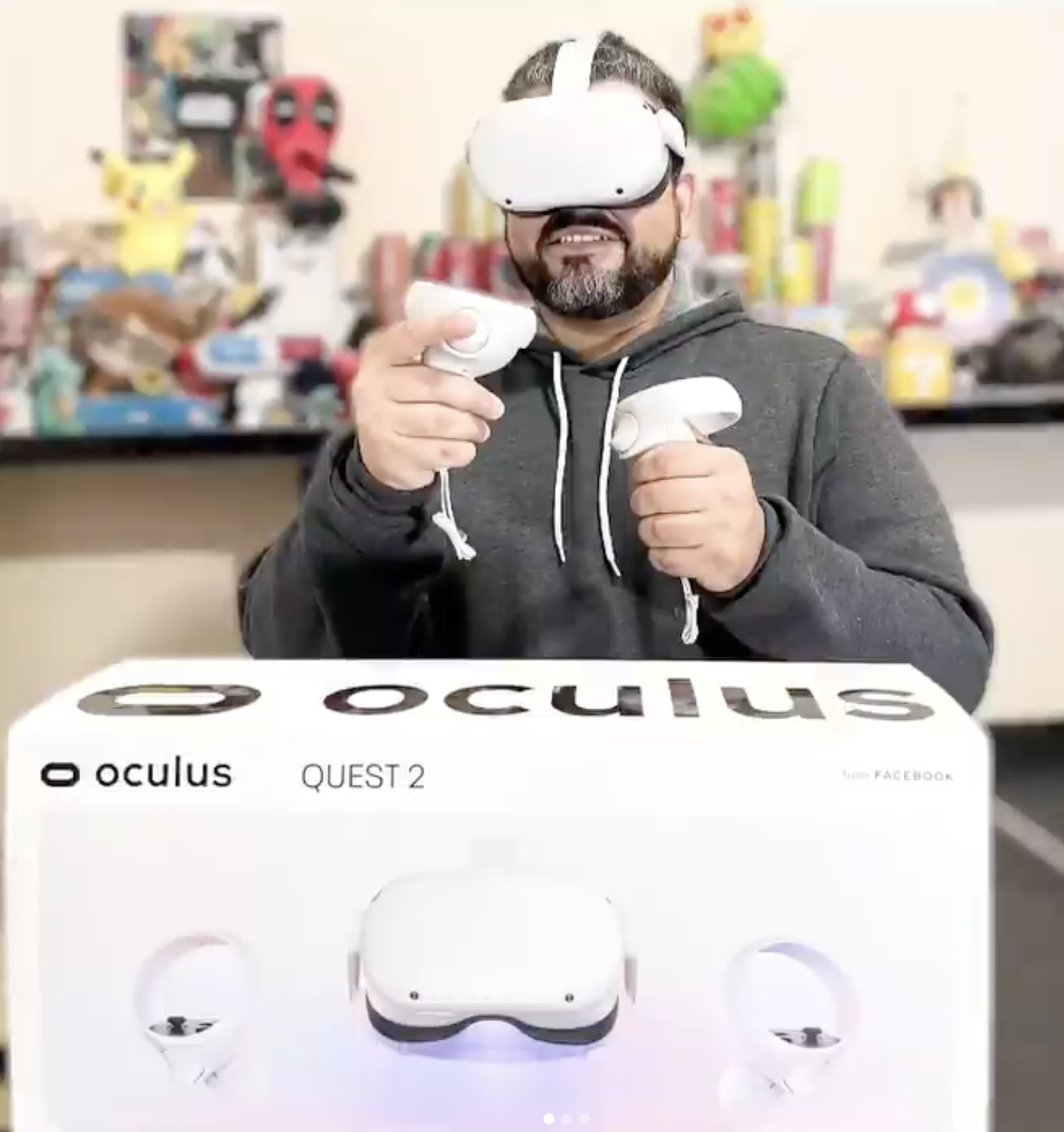يبدو أن شركة Meta تتجه تدريجيًا إلى إنهاء حقبة Quest 2، واحدة من أكثر نظارات الواقع الافتراضي انتشارًا، مما يشير إلى نهاية فصل مهم في تاريخ VR على المستوى العام. باعت Quest 2 أكثر من 20 مليون وحدة، لكنها أصبحت غير متاحة إلى حد كبير في متاجر Metaالإلكترونية عالميًا، باستثناء طراز 128 جيجابايت في المملكة المتحدة، والذي لا يزال مدرجًا بسعر 199 جنيهًا إسترلينيًا. ومع توقف دعم النظارة الأصلية Quest في وقت سابق من هذا العام، يبدو أن Meta تحول تركيزها إلى الطرازات الأحدث، مثل Quest 3 وربما إصدارًا منخفض التكلفة مثل Quest 3S أو Quest 3 Lite.
إرث Quest 2
استطاعت Meta Quest 2 أن تحافظ على مكانتها كأكثر نظارات الواقع الافتراضي شهرةً في السوق، حيث تجاوزت مبيعاتها بفارق كبير المنافسين مثل PlayStation VR من Sony، الذي باع حوالي خمسة ملايين وحدة فقط. منذ إطلاقها في عام 2020، نجحت Quest 2 في جلب تقنيات الواقع الافتراضي إلى جمهور أوسع بفضل سعرها المناسب وسهولة الوصول إليها، مما جعلها خيارًا رئيسيًا لكل من المستخدمين العاديين والمتحمسين لهذا المجال.
لكن مع ظهور نماذج VR أكثر تطورًا، أصبحت هناك تساؤلات حول مدة دعم Quest 2 في المستقبل. بعض الألعاب الجديدة التي تم الإعلان عنها، مثل Batman: Arkham Shadow وAlien: Rogue Incursion، ستكون حصرية لـQuest 3، مما يترك مستخدمي Quest 2 في حالة عدم يقين بشأن التوافق المستقبلي. ومن المتوقع أن تقلل Meta تدريجيًا من تحديثات البرمجيات والأمان لـQuest 2، كما فعلت سابقًا مع الإصدار الأصلي من Quest.
الموازنة بين التحديثات والدعم
على الرغم من أن Meta ستواصل دعم Quest 2 لفترة من الوقت، إلا أنها ستحث المستخدمين أيضًا على الترقية إلى الطرز الأحدث. وبفضل قاعدة المستخدمين الضخمة، يُتوقع أن يحصل Quest 2 على دعم أطول من الإصدار الأصلي. لكن على Meta إيجاد التوازن بين التحديثات الجديدة والتشجيع على الترقية، إذ إن إنهاء الدعم بشكل مفاجئ قد يسبب استياء المستخدمين ويحد من قدرتهم على الوصول إلى المحتوى الجديد.
هل هناك إصدار اقتصادي من Quest 3 في الأفق؟
بالنسبة لأولئك الذين يتطلعون إلى الترقية، قد يكون Quest 3 Lite أو Quest 3S القادم خيارًا جذابًا. ومن المتوقع إطلاقه في وقت لاحق من هذا العام، حيث تشير التقارير إلى أنه سيحتوي على ميزات مثل المرور اللوني (Color Passthrough) وتحسينات في المعالج، لكنه قد يتخلى عن بعض الميزات المتقدمة الموجودة في الإصدار الأساسي من Quest 3، مما يجعله خيارًا اقتصاديًا لأولئك الذين يريدون تجربة أحدث تقنيات VR دون إنفاق تكلفة الطراز الفاخر.
الخلاصة
يتراجع توفر Quest 2 تدريجيًا، مما يشير إلى تحول نحو الجيل القادم من نظارات Meta للواقع الافتراضي. ورغم أن مستخدمي Quest 2 قد يحصلون على دعم مستمر لفترة قريبة، فإن استراتيجية Meta تشير بوضوح إلى أنها تتجه نحو تحسين تجربة VR من خلال طرازات جديدة تناسب كلاً من الفئات المتميزة والمحدودة الميزانية.









